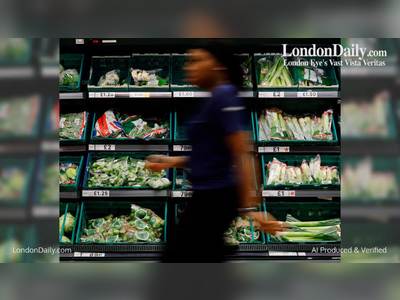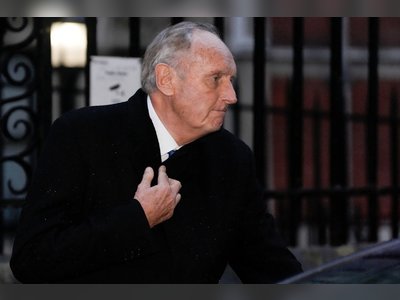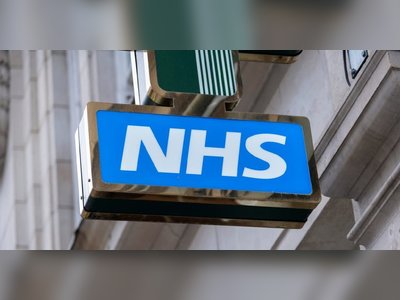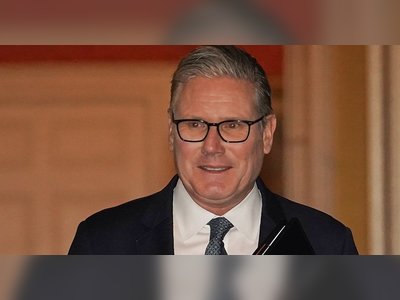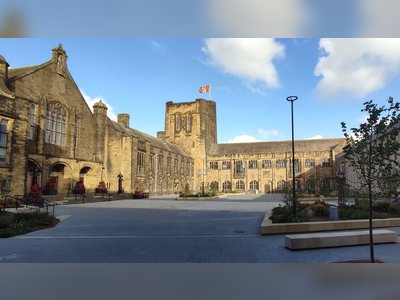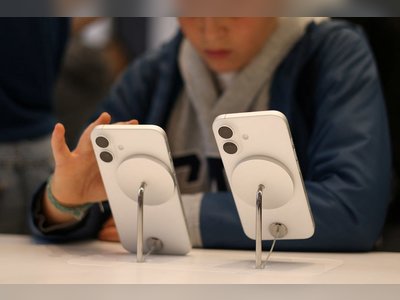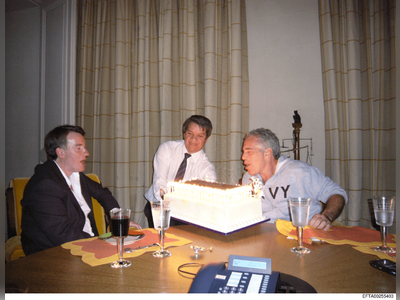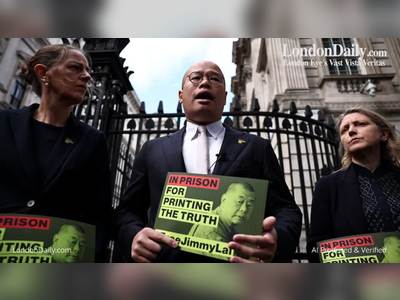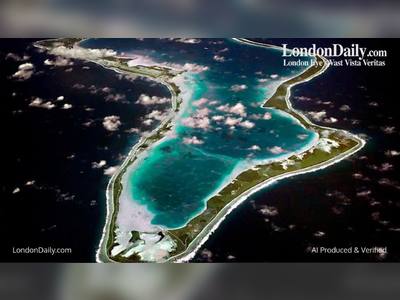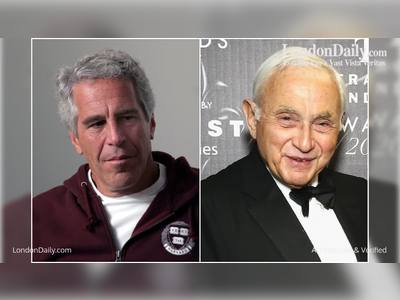Nicola Sturgeon Refutes Claims That Covid Decisions Were Politically Motivated
Nicola Sturgeon, the former First Minister of Scotland, has refuted allegations that her decisions during the Covid pandemic were influenced by politics or aimed at advancing Scottish independence.
She also dismissed suggestions of promoting a secretive culture despite acknowledging that she deleted all her WhatsApp messages during the crisis. Sturgeon maintained that all pertinent data had been shared with the UK Covid Inquiry.
Her comments occurred during her testimony at the enquiry in Edinburgh. She had previously assured transparency in response to Channel 4 News regarding disclosure of communications for the inquiry.
Jamie Dawson KC informed the UK inquiry that Sturgeon seemed not to have kept any informal chats related to her pandemic response.
Additional evidence indicated that senior Scottish government officials were advised to delete messages to avoid Freedom of Information (FOI) scrutiny.
This sparked accusations from opposition parties and survivor groups of widespread message deletions to evade oversight.
Some government officials, including Sturgeon's ex-chief of staff Liz Lloyd and current First Minister Humza Yousaf, did submit texts to the inquiry.
Sturgeon, who stepped down in March of the previous year, insisted her WhatsApp use was minimal, did not cover significant government affairs, and that she followed official guidance in message deletion, ensuring critical points were recorded officially.
Sturgeon emotionally denied that the absence of these messages would affect the relevance of materials available to the inquiries. She also dismissed former UK government minister Michael Gove's suggestion of the Scottish government seeking political conflict during the pandemic.
In response to a leaked email expressing concerns that Spain might block Scotland's EU membership due to perceived political travel restrictions, she reiterated that her intentions were solely focused on maintaining public safety during the pandemic.
Sturgeon admitted her greatest regret was not initiating lockdown earlier, but emphasized that none of her actions were politically driven. She stressed the importance of public trust and aimed for transparency, despite acknowledging possible shortcomings.
The inquiry reviewed how decisions were made through various meetings, with Deputy First Minister John Swinney noting that the school closure decision was taken swiftly due to the urgency of the situation.
Sturgeon assured the cabinet's authority was not undermined, and decisions were not made unconditionally by her alone. However, lapses in record-keeping were identified, such as the lack of minutes for key government meetings, which Scotland's Information Commissioner deemed "absolutely unacceptable."
The inquiry observed exchanges between Sturgeon and Lloyd reflecting her uncertainty over Covid-related hospitality regulations but concluded that no substantial information was absent from official records.
Scottish Secretary Alister Jack is scheduled to present evidence to the inquiry following Sturgeon's appearance.
Her comments occurred during her testimony at the enquiry in Edinburgh. She had previously assured transparency in response to Channel 4 News regarding disclosure of communications for the inquiry.
Jamie Dawson KC informed the UK inquiry that Sturgeon seemed not to have kept any informal chats related to her pandemic response.
Additional evidence indicated that senior Scottish government officials were advised to delete messages to avoid Freedom of Information (FOI) scrutiny.
This sparked accusations from opposition parties and survivor groups of widespread message deletions to evade oversight.
Some government officials, including Sturgeon's ex-chief of staff Liz Lloyd and current First Minister Humza Yousaf, did submit texts to the inquiry.
Sturgeon, who stepped down in March of the previous year, insisted her WhatsApp use was minimal, did not cover significant government affairs, and that she followed official guidance in message deletion, ensuring critical points were recorded officially.
Sturgeon emotionally denied that the absence of these messages would affect the relevance of materials available to the inquiries. She also dismissed former UK government minister Michael Gove's suggestion of the Scottish government seeking political conflict during the pandemic.
In response to a leaked email expressing concerns that Spain might block Scotland's EU membership due to perceived political travel restrictions, she reiterated that her intentions were solely focused on maintaining public safety during the pandemic.
Sturgeon admitted her greatest regret was not initiating lockdown earlier, but emphasized that none of her actions were politically driven. She stressed the importance of public trust and aimed for transparency, despite acknowledging possible shortcomings.
The inquiry reviewed how decisions were made through various meetings, with Deputy First Minister John Swinney noting that the school closure decision was taken swiftly due to the urgency of the situation.
Sturgeon assured the cabinet's authority was not undermined, and decisions were not made unconditionally by her alone. However, lapses in record-keeping were identified, such as the lack of minutes for key government meetings, which Scotland's Information Commissioner deemed "absolutely unacceptable."
The inquiry observed exchanges between Sturgeon and Lloyd reflecting her uncertainty over Covid-related hospitality regulations but concluded that no substantial information was absent from official records.
Scottish Secretary Alister Jack is scheduled to present evidence to the inquiry following Sturgeon's appearance.







